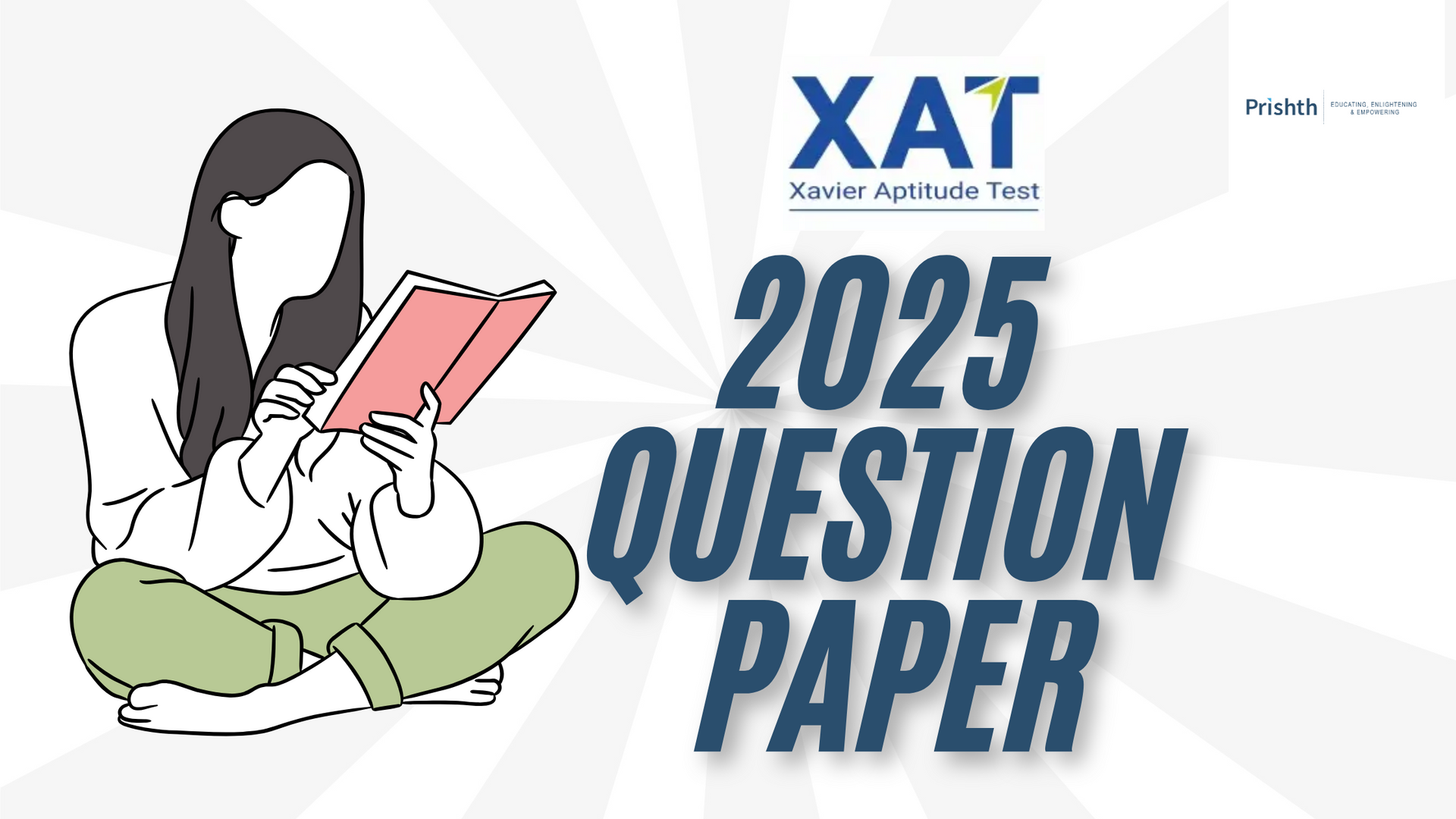The Science of Resilience:
How to Bounce Back After Bad Exam Results
By Prishth || February 28, 2023, 12:16 IST
Exams are an inevitable part of academic life. They can be a source of stress, anxiety, and pressure. And when the results are not what we hoped for, it can be a huge blow to our confidence and self-esteem. However, the ability to bounce back from setbacks is a crucial skill that can make all the difference in achieving success in academics and beyond. In this article, we'll explore the science of resilience and how it can help you bounce back after bad exam results.

I. What is resilience and why is it important?
Resilience is the ability to adapt and bounce back from adversity, stress, or setbacks. It involves having a positive mindset, coping skills, and the ability to regulate emotions. Resilience is important in academic and personal life because it helps us overcome obstacles, persevere in the face of challenges, and achieve our goals. Resilient individuals are better equipped to handle stress and manage negative emotions, which can improve academic performance and overall well-being.
Resilience is a complex trait that is influenced by a variety of factors, including genetics, environment, and life experiences. Some people may be naturally more resilient than others due to genetic predisposition, but resilience can also be learned and developed over time through intentional practice and coping strategies.
II. The science behind resilience: how our brains respond to setbacks
Our brains respond to stress and setbacks by activating the amygdala, which is responsible for processing emotions such as fear, anger, and anxiety. This can lead to a fight-or-flight response and impair cognitive functioning. Chronic stress and adversity can also lead to changes in brain structure and function, such as decreased volume in the hippocampus, which is important for learning and memory.
However, the brain also has the ability to change and adapt in response to experiences, a process known as neuroplasticity. This means that with intentional practice and coping strategies, we can train our brains to become more resilient and better equipped to handle stress and adversity.
III. How to build resilience: Practical Strategies for bouncing back after bad exam results
A. Accepting and processing negative emotions
It's important to recognize and acknowledge your emotions, even if they are negative. This can involve expressing your emotions in a healthy way, such as through journaling or talking to a trusted friend or counselor. It's also helpful to reframe negative thoughts into positive ones and focus on areas of strength and growth.
B. Reframing negative self-talk and limiting beliefs
Negative self-talk and limiting beliefs can be a major barrier to resilience. It's important to identify these negative patterns of thinking and challenge them by asking yourself if they are true and if they serve you. Replace negative self-talk with positive affirmations and self-compassionate statements.
C. Developing a growth mindset through self-compassion and self-reflection
Negative self-talk and limiting beliefs can be a major barrier to resilience. It's important to identify these negative patterns of thinking and challenge them by asking yourself if they are true and if they serve you. Replace negative self-talk with positive affirmations and self-compassionate statements.
D. Practicing mindfulness and relaxation techniques
Mindfulness and relaxation techniques, such as meditation, deep breathing, and yoga, can help reduce stress and improve emotional regulation. Mindfulness involves paying attention to the present moment and accepting it without judgment. By practicing mindfulness, you can learn to observe your thoughts and feelings without becoming overwhelmed by them. Deep breathing and yoga can also help reduce stress and promote relaxation. These techniques can be practiced on your own or with the help of a professional, such as a counselor or yoga instructor.
E. Developing a growth mindset: the key to resilience and success
Having a growth mindset means believing that your abilities and intelligence can be developed through dedication and hard work. People with a growth mindset are more likely to persevere through challenges and setbacks, viewing them as opportunities for growth and learning. Developing a growth mindset involves reframing your self-talk, embracing failure as a learning opportunity, and practicing self-compassion.
F. The role of support systems in building resilience
Having a strong support system can help you cope with stress and adversity. This can include friends, family members, mentors, and professionals such as counselors or therapists. By seeking support from others, you can gain perspective, emotional support, and practical assistance. Building a support system involves reaching out to others, being open and honest about your needs, and being willing to accept help when it's offered.
IV. Conclusion
Bad exam results can be a difficult setback to overcome, but by building resilience and developing a growth mindset, you can learn to bounce back and achieve academic success. By practicing strategies such as reframing negative thoughts, practicing self-compassion, and seeking support from a supportive network, you can build the resilience you need to overcome setbacks and achieve your goals. Remember that resilience is a skill that can be developed over time, and with practice, you can learn to bounce back from setbacks and achieve academic and personal success.
V. FAQs about Resilience and bouncing back after bad exam results
Most Trending Blogs














